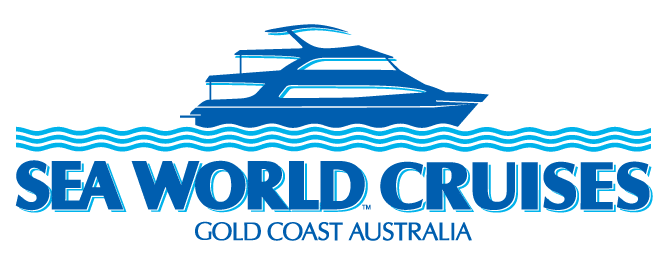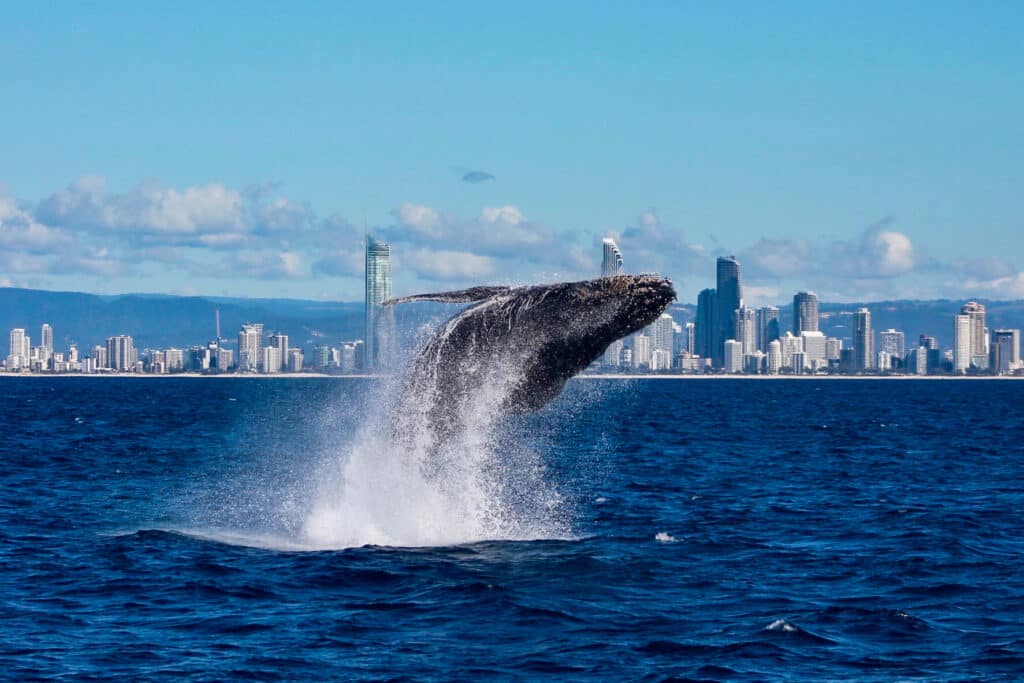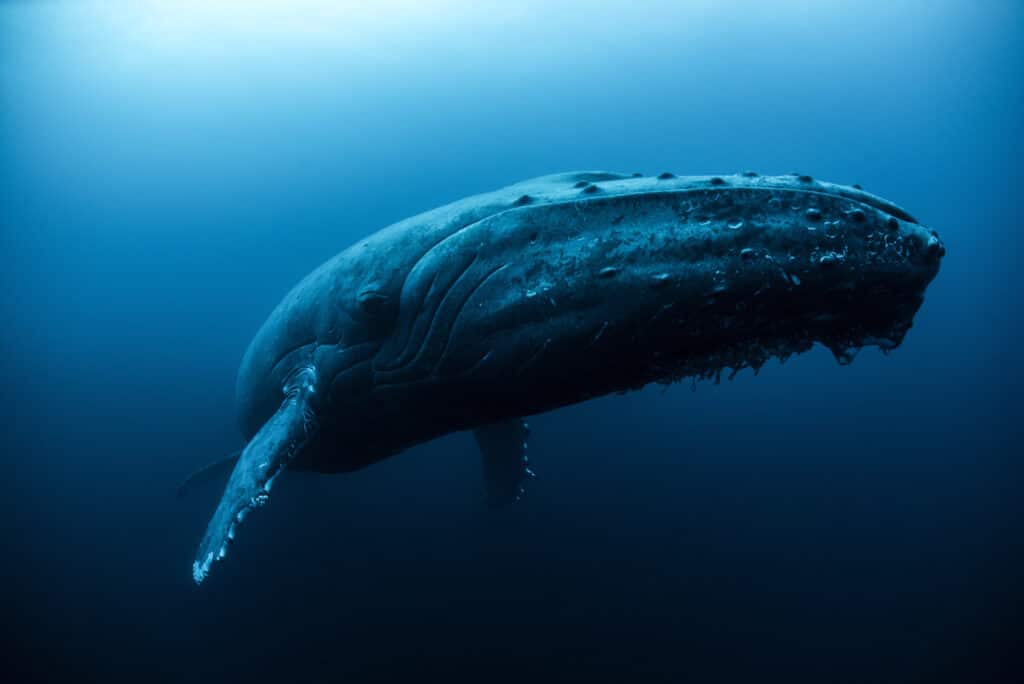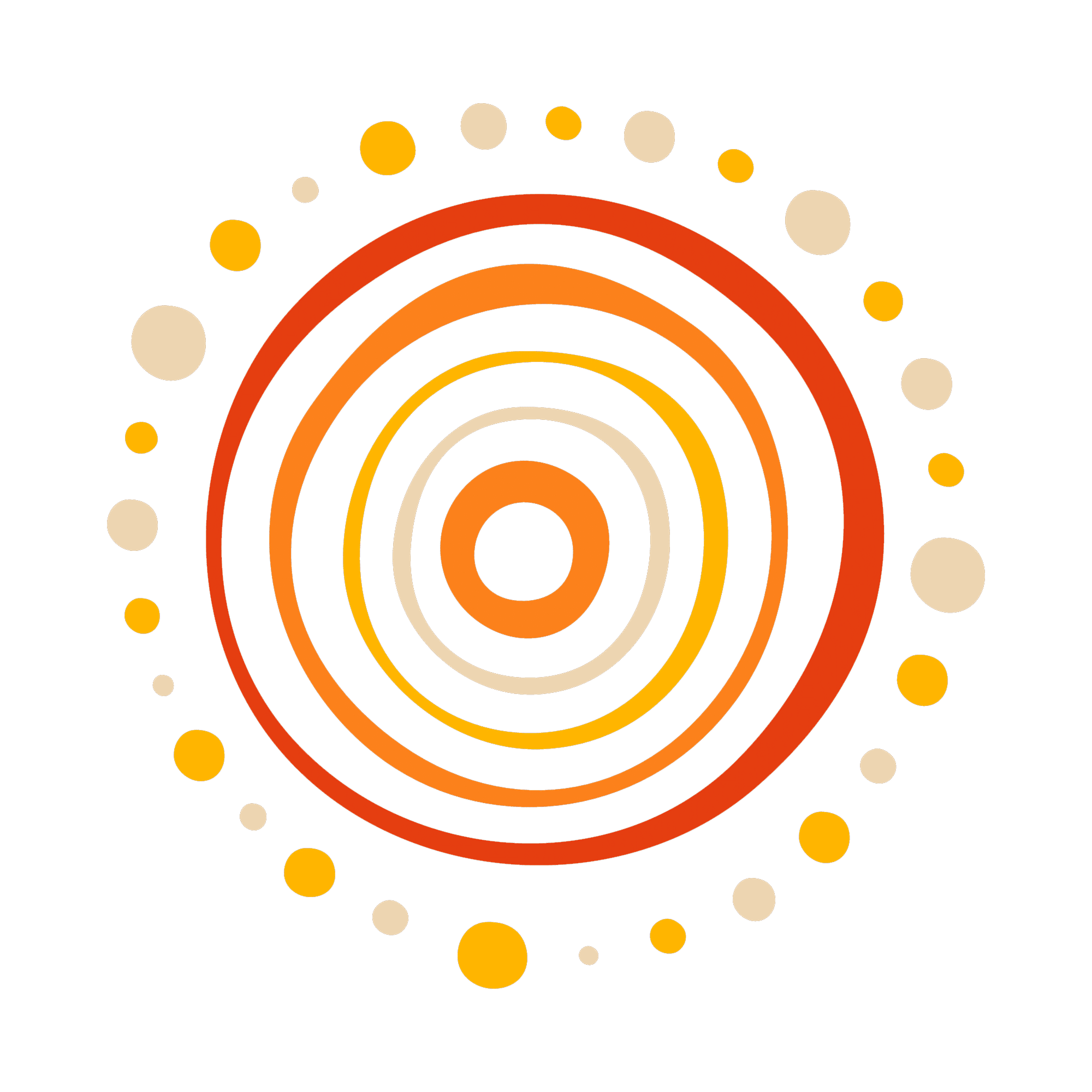Environment
We’re committed to minimising our impact on the planet – on the water and on the ground – so that future generations can continue to experience the wonder of our waterways and oceans and the unique wildlife that inhabit them.
Advanced Ecotourism
Sea World Cruises is certified through Ecotourism Australia’s world-leading ecotourism certification program. This means that when you travel with us, you are supporting a business that is backed by a strong, well-managed commitment to sustainable practices and provides high-quality nature-based tourism experiences.
Our certification demonstrates our commitment to:
- Looking after our natural environment
- Offering quality interpretation and educating guests
- Supporting and engaging our local community
- Reducing our carbon footprint
- Protecting our unique wildlife and endangered species
- Making real contributions to conservation
- Helping to preserve Australian Indigenous cultures
- Providing an unforgettable, high-quality guest experience
The Ecotourism Australia Certification programs are recognised by the Global Sustainable Tourism Council.
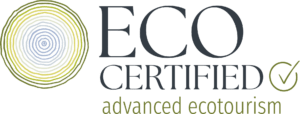
Container Exchange Recycling Program
Sea World Cruises participates in the Containers for Change container recycling program. Since 2021, more than 30,000 eligible containers have been diverted from landfills and given a new life as new drink containers, road bases, food trays, building materials, and more.
As part of this great initiative, 10 cents from every container is donated to the Gold Coast Newborn Calf Study, a non-profit organisation dedicated to researching and protecting Humpback whale calves.
Commercial Food Waste Recycling Program
In the hospitality industry, a staggering 50% of waste comes from food disposal. Taking a proactive stance, we’ve been actively engaged in the City of Gold Coast’s Commercial Food Waste Recycling Program since 2021.
Through this initiative, Sea World Cruises is redirecting organic food waste away from overburdened landfills. Instead, our kitchen waste undergoes a transformative journey, being recycled into nutrient-rich compost. This compost, in turn, becomes a valuable resource, nurturing the greenery of our local parks and gardens.
Reducing our Carbon Footprint
In 2023, Sea World Cruises achieved a significant milestone by completing its baseline carbon accounting, signalling a profound commitment to sustainability in the face of pressing environmental challenges.
This accomplishment holds particular significance in light of the escalating impacts of climate change on marine ecosystems, including iconic species like humpback whales. As rising sea temperatures and ocean acidification disrupt the delicate balance of marine habitats, humpback whales face mounting threats, from altered migration patterns to dwindling food sources.
By taking proactive steps to reduce emissions, Sea World Cruises not only mitigates its own environmental footprint but also contributes to the broader effort to safeguard vulnerable species like humpback whales. This commitment underscores the urgent need for collective action to combat climate change and protect our oceans’ precious biodiversity for generations to come.
Contribution to Research
Griffith University – Laura Torre – Williams
Sea World Cruises continues to host the Gold Coast Newborn Calf Study, led by Laura Torre-Williams from Griffith University since 2013. Laura and her team observe newborn humpback whale calves over 1000 kilometers away from their usual calving area in the Great Barrier Reef region. The study tracks the calves’ locations, behaviours, and movements of mother-calf pairs using GPS devices fitted on SWC vessels.
From mid-June to August, these calves can be spotted in Gold Coast waters, delighting guests onboard our cruises. Some locals have even joined the study as research assistants, contributing to data collection and photography. Laura’s findings are published in peer-reviewed journals and presented at marine conferences worldwide. Sea World Cruises takes pride in supporting this vital research.
Humpbacks & High-rises
Sea World Cruises is proud to help contribute to Queensland’s largest marine mammal monitoring program. Since 2019 Sea World Cruises has worked closely with the volunteers from Humpbacks & High-rises (HHR) enabling their research aboard our vessels. Designated seats on every tour are reserved for HHR volunteers who collect vital scientific data to help monitor the health, movement, and well-being of humpback whales on the east coast of Australia.
HHR’s mission is to ensure present and future generations of the community have access to enjoy, appreciate, and care for whales and dolphins through research, rescue, and education. You can find out more information about HHR and how to volunteer on their website, hhr.org.au
Happy Whale
Did you know that you can contribute to citizen science during your whale-watching experience?
Individual whales can be identified by the unique patterns and shapes of their tails (flukes). Scientists have used this technique of visual matching since the 1970s, meticulously cataloguing thousands of individuals and helping to track their migration across oceans and to monitor population trends.
If you happen to capture a great shot of the whale’s fluke during your tour, you can upload the image to Happy Whale via the Sea World Whale Watch mobile app. This fantastic initiative engages citizen scientists like you, to identify Humpback Whales for fun and scientific research!
How You Can Help The Environment
- Dispose of your rubbish responsibly.
- Avoid single-use plastics, including balloons, as they can end up not only in landfills but also in the ocean, where unsuspecting marine animals may ingest them, leading to serious harm and even death.
- Recycle your cans and bottles. Did you know that we recycle all our bottles & cans through Contains for Change? This not only reduces landfill, but also helps raise funds for non-profit charities.
- Don’t forget your drink bottle and keep cup!
- Avoid merchandise and souvenirs derived from rare and threatened species like coral, shells and turtle shell.
- Respect the local culture. Be considerate of local peoples and ask permission before photographing others.
- Don’t touch, feed, or disturb wildlife.
Reduce your emissions
Minimise your carbon footprint by:
- Turning off lights and air conditioning when leaving your hotel room.
- Choosing to walk, ride, or use public transport when travelling to your destination.
Public Transport options:
- Whether you’re departing from our Main Beach or Surfers Paradise locations, you’ll discover numerous public transport options available, including the Hopo Gold Coast Ferry, G:Link tram, Kinetic buses, and Lime bikes.
Educate
- Educate yourself, your friends and your family on the importance of marine conservation and the threats facing our oceans.
- Encourage others to adopt sustainable practices and make environmentally conscious choices in their daily lives.
Let’s work together to preserve our oceans and marine life for a sustainable future.
